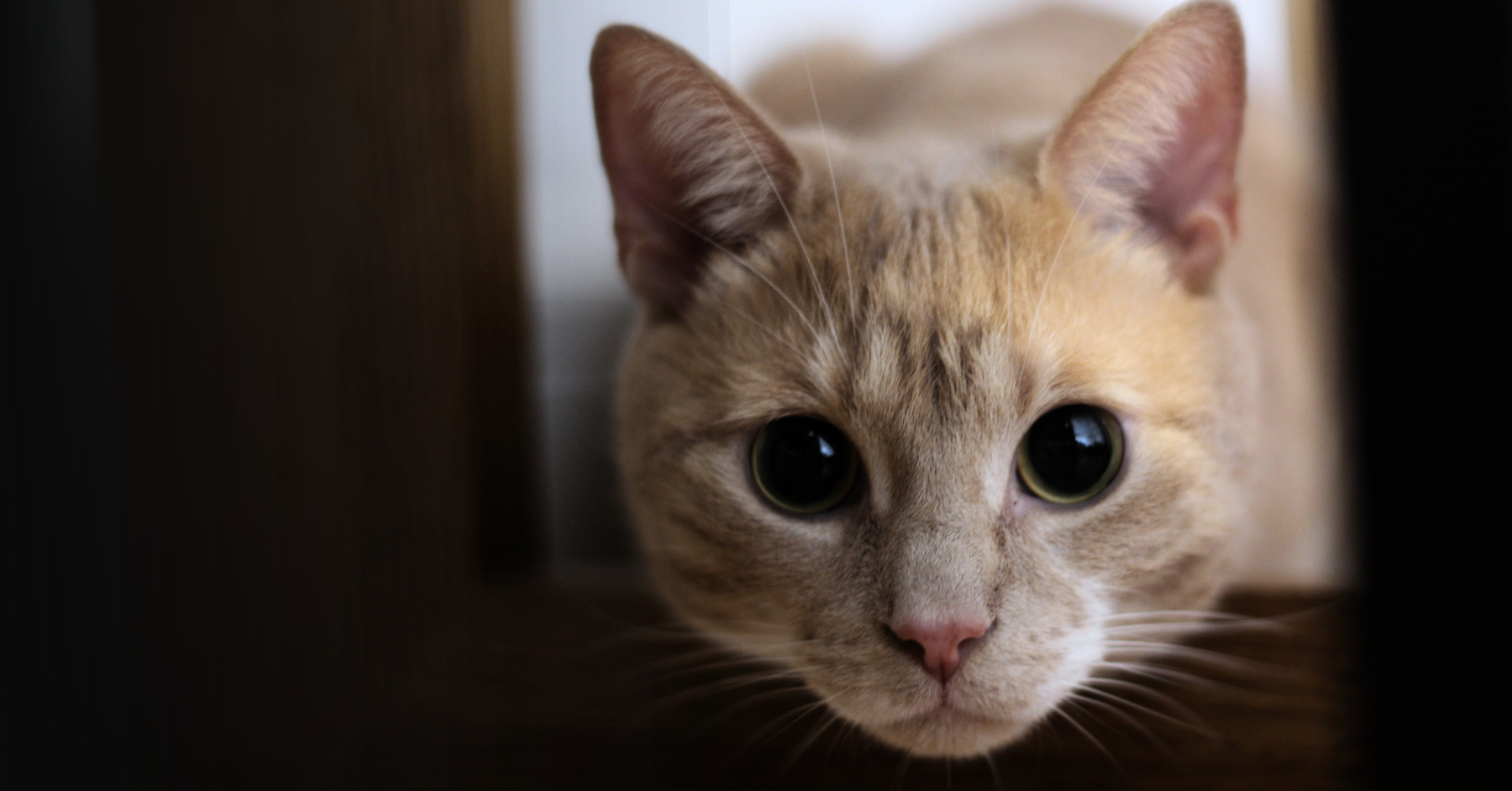
RSPCA = Readily Supporting Profit-Driven Cruelty to Animals?
In what some are calling one of the most important investigations to-date, UK’s Animal Rising has exposed the Royal Society for the Prevention of Cruelty to Animals (RSPCA) for acting as “‘a marketing arm of the intensive animal agriculture industry’” by promoting the “exploitation and killing” of farmed animals.
Though a scandal to much of the general public, those engaged in true animal rights advocacy find themselves far less surprised.
The RSPCA has long betrayed its covert dedication to “normalising and legitimising animal suffering on an industrial scale”, including inside animal research facilities.
From early on in its 200-year tenure, the RSPCA – the world’s oldest “animal welfare” organization – has focused on “lower class cruelty”. Readily upon its inception, for example, it advocated against “sports of lower classes” like bull- and bear-baiting, while not opposing or even addressing “the upper class practice of fox hunting”. Why? “Because its founding members came from the upper classes” and viewed “upper class practice[s]” like fox hunting as “sacrosanct and outside the purview of its influence”.
Simultaneously, the RSPCA failed to attack (i.e., maintained ambivalence with regard to) institutional forms of cruelty like animal research:
. . . its membership seemed split on vivisection. For this reason, when the 1876 Act instituted a mild licensing requirement for [animal] experimenters, the society gladly dropped the issue . . . science was too popular in Victorian Britain, especially among the upper classes who supported the protectionist movement.
And, indeed, the modern, abolitionist, anti-vivisection movement was launched by Frances Power Cobbe “[i]n the face of RSPCA caution on the issue of vivisection”. (“Caution” appears far too generous a word in this context, because the historical record educates that – in response to Cobbe sending an “appeal for action against vivisection to the RSPCA in 1874”, which documented the support of “six hundred people, many of whom were in positions of great cultural influence” – the RSPCA “decided that the proper approach . . . was to interview the most prominent vivisectionists of the day for their view of the practice” – with the “unsurprising[] [] result” being “a decision to act no further on Cobbe’s request”.)
The RSPCA, then, has long leaned into a discriminatory (including a speciesist and classist) identity and, consequently, has realized “a somewhat schizophrenic existence” – passively or surreptitiously endorsing animal abuse by the wealthy, powerful, and industrial.
As one modern commentator explains, the RSPCA has garnered broad support by (a) “avoid[ing] conflict with powerful interests” – including the animal industrial complex, as well as the “billionaire press and the lobby groups and junktanks that help discipline anyone who steps out of line” — and (b) “kicking down and kissing up, pursuing small abusers and endorsing large ones”:
If you mistreat your dog or cat or horse or rabbit, you might expect an investigation by the RSPCA . . . [but] [i]f you abuse animals on an industrial scale, you might face not investigation and prosecution, but active support and a public relations campaign to help you sell your products….
The same commentator astutely compares the RSPCA’s support for factory farms with a “children’s welfare charity” that promotes “child labour” and rightfully asks:
What is the RSPCA for if, instead of challenging the astonishing double standards that govern our relationships with animals, it reinforces them?
This question deserves pause . . . and should trigger deep reflection among animal advocates, including those of us outside the U.K.
Historians assert that “the U.S. movement to ban cruelty to animals was inspired to a large extent by the formation of the RSPCA” and that, critically, American “animal welfare’ organizations “are descended directly from British organizations” – among which the RSPCA has “dominated”.
It comes as less of a surprise, then, to observe the deep chasms that exist within our movement today – with some of the most powerful and well known U.S. groups focusing on how an animal is exploited, as opposed to the exploitation itself. This reality is particularly obvious and troubling to and for abolitionist groups (like Rise for Animals) that challenge “an entire institution, and the institutionalized cruelty and oppression it sanction[s]” – with this focus on ending “institutional cruelties” often drawing detraction from RSPCA-type “humane” groups.
Moreover, both the RSPCA and similar U.S. organizations have specifically harmed efforts to abolish vivisection by advising the public “either by direct statement or implication, that animal models are in fact predictive for humans” – something not only irrelevant from an ethical perspective but also scientifically disproven.
Leaving aside the hugely problematic and pervasive spreading of untruths, we wish the animal protection movement as a whole shared in the understanding that other-than-human animals are not ours to use, regardless of who is using them and regardless of what purpose motivates their use.
We also wish that our movement’s actions embodied this same understanding – something we at Rise for Animals strive to contribute to every day as we advocate for the abolition of animal (including human) exploitation. To this end, we extend our gratitude to Animal Rising for helping to educate our communities about what animal protection work should, but all too often does not, look like.